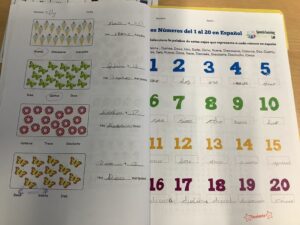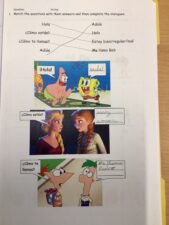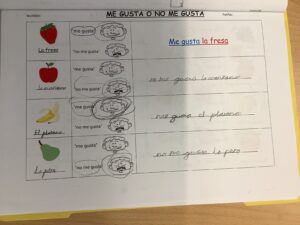“A different language is a different vision of life”
Federico Fellini
Our Spanish Teacher is: Senor Peña
Spanish at Mersey Park
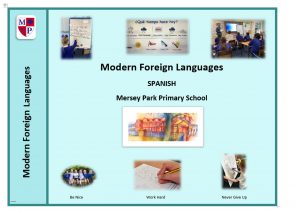
Please click the link below to find out about how we teach Spanish at Mersey Park.
MFL at Mersey Park Primary School
Key Stage Two MFL overview


Our curriculum allows pupils to develop their communication and literacy skills that lay the foundation for future language learning. They develop linguistic competence, extend their knowledge of how language works and explore differences and similarities between foreign languages and English.
Learning new languages raises awareness of our multi-lingual and multi-cultural world, and introduces an international dimension to pupil’s learning. The learning of a foreign language provides a medium for cross-curricular links and for reinforcement of knowledge, skills and understanding developed in other subjects.
Spanish at Mersey Park
Autumn Term
Year 3
In Year 3 the children begin to learn everyday Spanish vocabulary. They start by learning the individual words for numbers, body parts and colours then begin to use these in basic sentences.
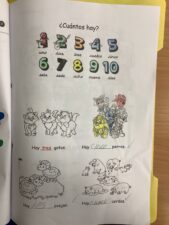
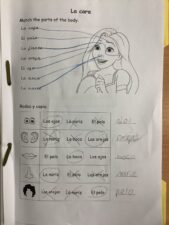
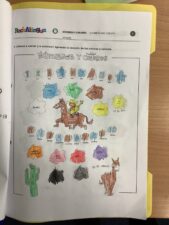
Year 4
In Year 4 the children revise numbers and continue to have conversations with one another. They also learn how to say many foods which would allow them to order from a restaurant.
Year 5
In Year 5 the children consolidate their knowledge of greetings and continue to work on this throughout the year. They then move to numbers and counting in increasingly large numbers. They also look at the different parts of the body and face.
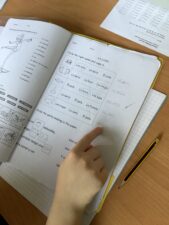
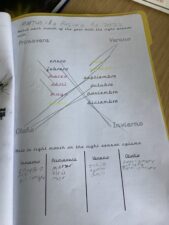
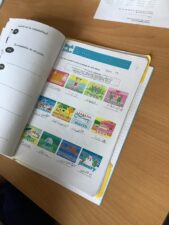
Year 6
In Year 6 the children extend their knowledge of greetings and use this in conversations. In order to do this they develop further knowledge of verbs and how they change for each pronoun.
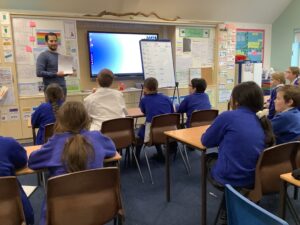
Spring Term
Year 3
In Year 3 the children learn the days of the week ad months of the year. They revise parts of the body and colours. The begin to learn the names of animals and describe them.
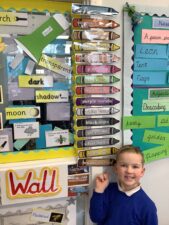
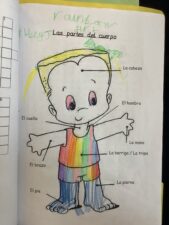
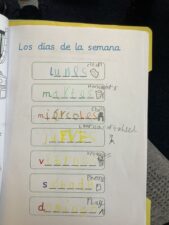
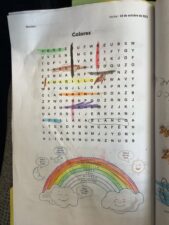
Year 4
In Year 4 the children make links between the months and seasons. They recap animals with a focus on farm animals and describe them.
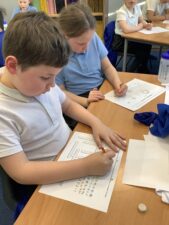
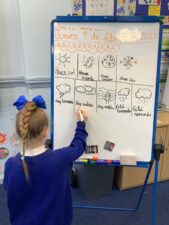
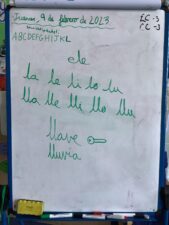
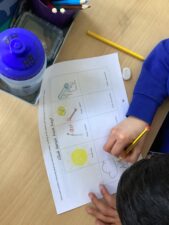
Year 5
In Year 5 the children learn how to say who is in their family and who lives in their house. They learn how to say their likes and dislikes.
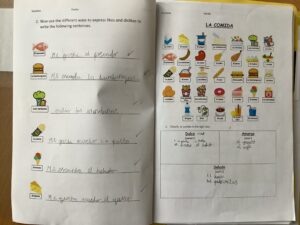
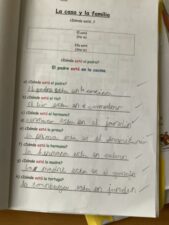
Year 6
In Year 6 the children learn different foods and how they could order them in a restaurant using euros. They also learn how to go shopping and buy different clothes by describing them with adjectives.
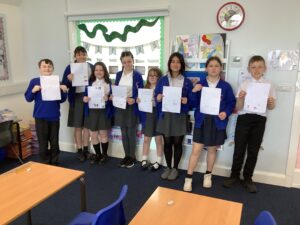
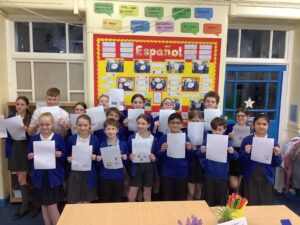
Summer Term
Year 3
In Year 3 the children name the different animals they would find in the zoo and count the animals in Spanish.
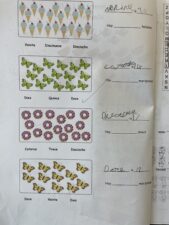
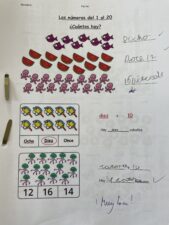
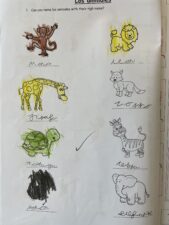
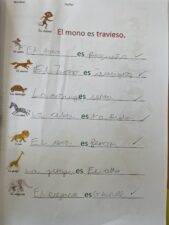
Year 4
In Year 4 the children give their opinions about what we like and dislike using fruits and subjects. They also learn about different school equipment and express how many things they have in their back packs.
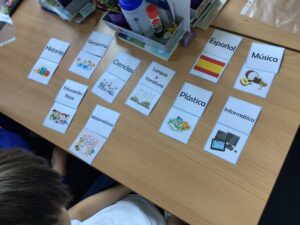
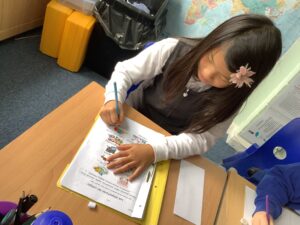
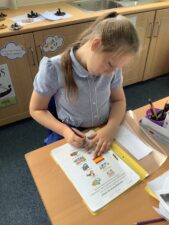
Year 5
In Year 5 the children learn the verb to have and use it to describe school equipment they have. They also give their opinions on likes and dislikes.
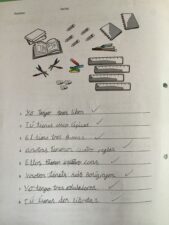
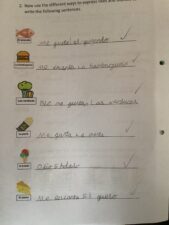
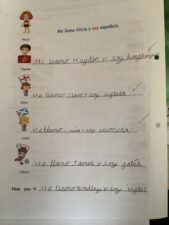
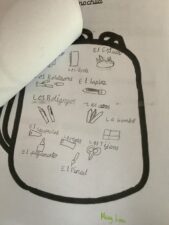
Year 6
In Year 6 the children describe a famous character from their favourite film. They continue to study adjectives to describe facial features and items of clothing.
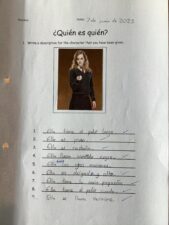
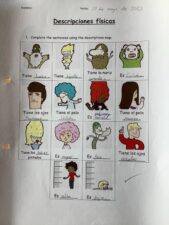
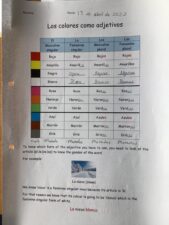
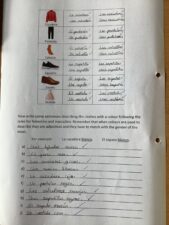
Here’s some videos of our children demonstrating the correct pronunciation during their Spanish lessons:
